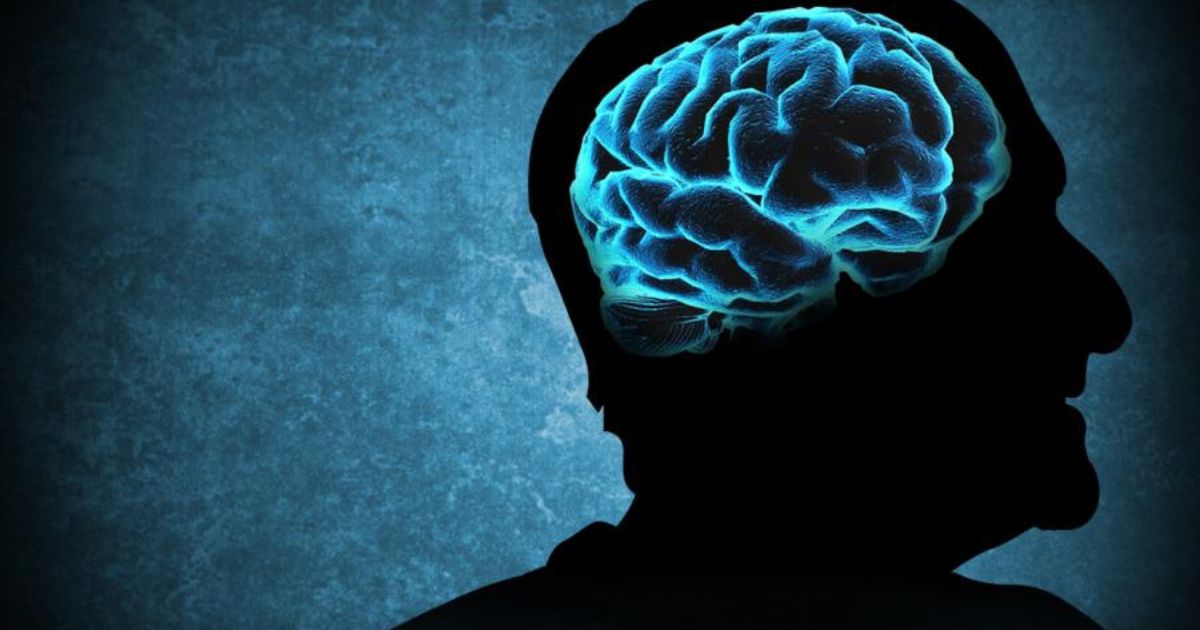The United States government has identified a troubling trend where Michigan construction workers employed in the construction industry experience one of the highest suicide rates across all professions.
Recognizing the urgent need for action, various groups convened on Friday to tackle this critical issue, aiming to raise awareness and dismantle the associated stigma.
Sean Egan, Deputy Director of Labor for the state of Michigan, underscored the severity of the problem, noting that while approximately 1,000 individuals lose their lives each year due to workplace-related fatalities, a staggering 5,000 lives are lost to suicide in the same timeframe.
Construction workers from across the state gathered to deliberate on strategies to combat suicide within their field. Central to their discussion was the pervasive belief that seeking help is viewed as a sign of “weakness,” a misconception that may be contributing to the escalating crisis.
Egan emphasized the importance of dispelling this notion, stating, “We have this characteristic ‘strong guy’ perception, and we’re sort of taught to grin and bear it.
We need to make people understand, particularly in this industry, that we have to be open to talking about our challenges.”
In response to this imperative, there is a concerted effort to equip workers with the ability to recognize potential warning signs of depression in their peers.
Bart Pickelman, Director of the Michigan Occupational Safety and Health Administration, outlined key emotional and behavioral indicators to be vigilant for.
Emotional red flags encompass an inability to find joy or pleasure in previously enjoyable activities. Meanwhile, behavioral shifts may manifest as mood swings or alterations in character.
The organizers of Friday’s gathering emphasized the creation of a workplace environment conducive to candid discussions about mental health. They stressed the importance of granting individuals access to resources that could potentially save lives.
Workers were encouraged to understand that seeking help is not limited to those contemplating suicide. Anyone experiencing crisis or struggling is urged to call 988, where they can be connected with essential community resources.
Pickelman reiterated the critical role of workers in the construction industry, asserting that they must be prepared to speak up about their feelings and needs. The ultimate goal is to foster an environment where individuals feel supported and empowered to address their mental health concerns openly.
In conclusion, the gathering of Michigan construction workers highlights a sobering reality: the construction industry faces alarmingly high rates of suicide.
By coming together and prioritizing mental health awareness, these workers are taking a crucial step toward creating a safer and more supportive workplace environment.
Through education, destigmatization, and accessible resources, they aim to save lives and advocate for the well-being of their peers in the construction industry.




























